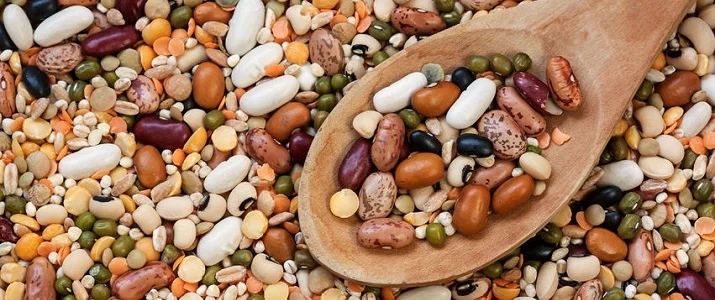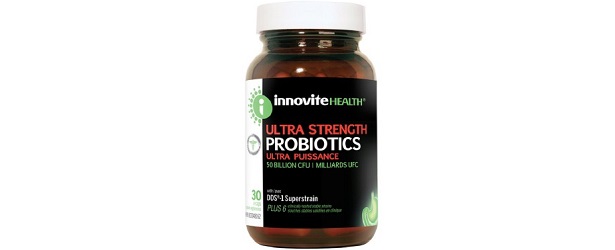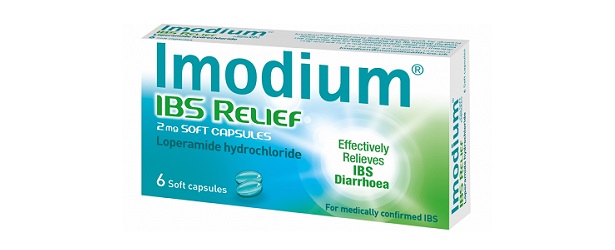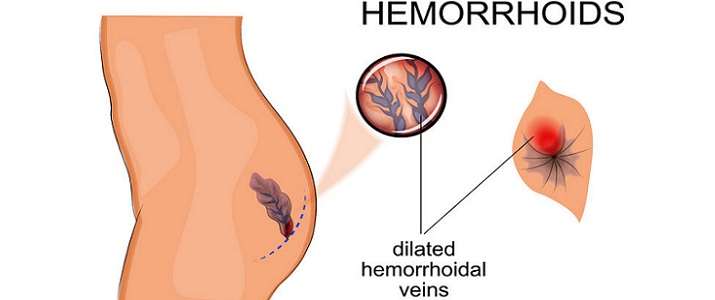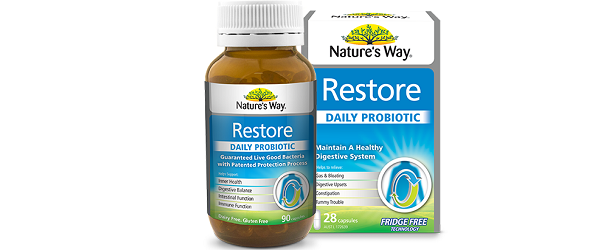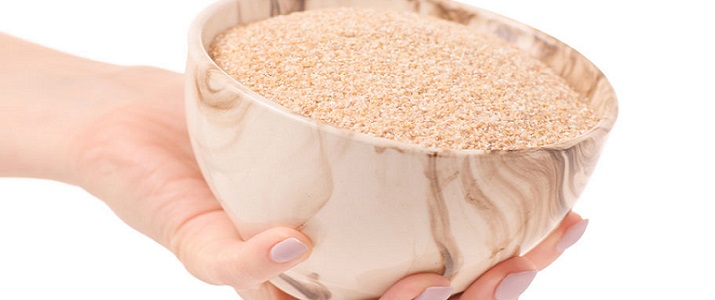
Children And IBS – A Guide for Parents
Irritable Bowel Syndrome (IBS) affects adults and children alike; the exact percentages for children in North America show that 6% of middle schoolers have IBS and 14% of high school student; those numbers are likely to rise over the coming years.
IBS manifests itself as an overreaction of nerves in the gastrointestinal tract, causing children to experience constipation or diarrhea, usually accompanied by abdominal pains. Physicians will only begin to diagnose whether a child has this group of symptoms if they have had been constipated or had diarrhea at a minimum of once a week over a two month period. Other symptoms may include any of the following: rectal pain, nausea, gas, bloating, cramping in the lower stomach, and appetite loss.
At that point, your child’s physician will want to determine whether the symptoms are stemming from a gastrointestinal disease such as Crohn’s Disease or Colitis. Note that IBS itself is not a disease. To make a definitive diagnosis for IBS, they will request the following: stool samples to determine if there is blood in the stool; an ultrasound to get a better picture of your child’s intestines to determine if their bowel movements are regular; colonoscopy or sigmoidoscopy to see the intestinal lining and determine if there is damage.
Causes of IBS Children
The frequency of bowel movements in children can range from anything from multiple bowel movements per day for younger kids, but typically older children have at least one bowel movement per day. There are many causes for children who suffer from IBS including bacterial gastroenteritis which occurs when you have a bacterial infection in your stomach or intestines, problems contracting gastrointestinal muscles typically emanating from a lack of nerve communication between a child’s gut and brain, genetics, and anxiety.
Treatments for IBS in Children
There are many treatments for IBS, and growing sets of alternatives treatments available; these are common treatments to help you in assisting to treat your child’s symptoms.
- Increasing Fiber Intake – you will need to evaluate early on if your child is getting enough fiber in his or her diet, including whole grains and plenty of fruits and vegetables. One quick way to calculate the number of grams of fiber your child should be getting each day is to take your child’s age and add 5.
- Avoid Certain Foods – you will want to carefully monitor your child’s diet to be sure that fast foods which are typically high in fat are avoided, as well as caffeine. Other foods to avoid are foods that cause gas and bloating such as beans and cabbage. Finally, you make wish to monitor whether your child has an adverse reaction to dairy which can be a common problem.
- Probiotics – you are advised to be in touch with your child’s physicians about introducing probiotics which have live bacteria found in the gastrointestinal tract which may positively affect IBS symptoms.
- Peppermint Oil is considered to be an effective approach to treating IBS.
- Medications may be prescribed by your child’s physician for diarrhea, depression, or to soften the stool.
- Talking openly about IBS within your child’s family and with his/her physicians has been shown to be very important so that embarrassment does not result around what could be considered a very sensitive subject.
TOP 5
IBSTreatments |
|||||
| IBS Clear | BioGanix BioZyme Digestive Enzymes | Nature's Sunshine Food Enzymes | Herbs of Gold IBS Advanced | Kijimea IBS | |
|---|---|---|---|---|---|
| 1 | 2 | 3 | 4 | 5 | |
| Price (1 bottle) Price (6 bottles) best value |
$49.95 $139.70 |
$45.95 $183.80 |
$39.95 $239.70 |
$39.95 $239.70 |
$42.94 $257.64 |
| Overall Rating | 98.7% | 82.00% | 71% | 64% | 61% |
| Effectiveness |





|





|





|





|





|
| Speed of Results | Extremely Fast | Fast | Good | Average | Slow |
| Quality of Ingredients | Premium | Good | Good | Average | Average |
| Customer Satisfaction Evaluation | 99.50% | 81% | 79% | 72% | 68.2% |
| Safety Evaluation | Safe for Use | Safe for Use | Safe for Use | Safe for Use | Safe for Use |
| Customer Service Rating |





|





|





|





|





|
| Reorder Rate | Highest | Good | Average | Good | Average |
| Return Policy | Risk Free | Unused | Risk Free | Unused & Unopened | No |
| Success Rate | 99.60% | 83% | 77% | 71.20% | 69.2% |

 Subscribe Now
Subscribe Now




